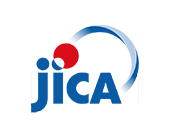School For All: Japan Helps Empower Local Communities Across Africa Through Education
August 23, 2022
The "School for All" project, which Japan started in Niger in 2004 and has expanded to nine countries across Africa, aims to get local communities to be more involved in the education of children. By instilling a sense of ownership, the project is turning the ideal of quality education into reality as many recognize the common goal of forging a brighter future for children.
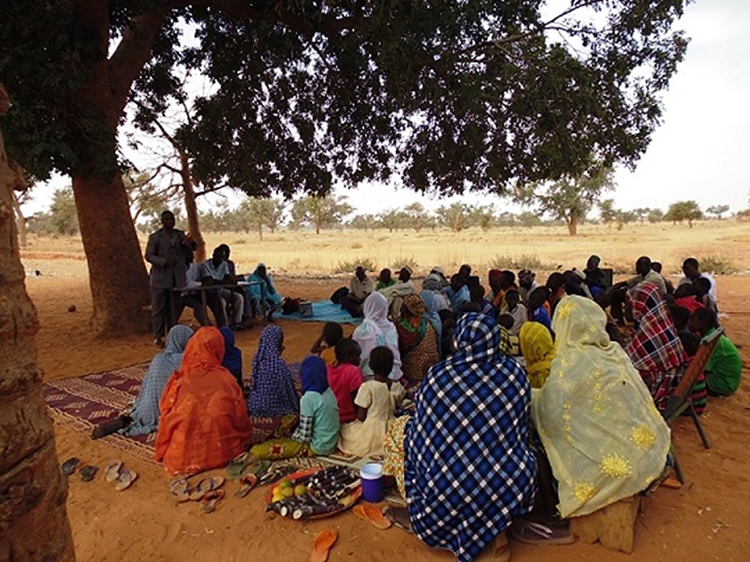
The School for All project began in Niger in 2004. A community general assembly was organized
to discuss the school operation. (Photo in Niger)
The Japan International Cooperation Agency (JICA) is supporting quality education efforts in Africa. The eighth edition of the Tokyo International Conference on African Development (TICAD), which is hosted by Tunisia this August, will be a good opportunity to discuss education in Africa for the sustainable development of the continent.
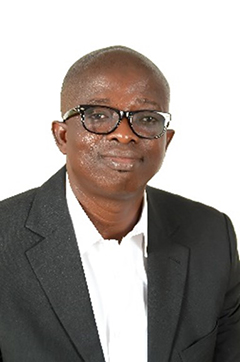
Mr. Frederick BIRIKORANG, director of partnership and affiliations at the Ghana Education Service
In Ghana, where the School for All project is ongoing, Mr. Frederick BIRIKORANG, director of partnership and affiliations at the Ghana Education Service, says: "Education is a fundamental human right and it is granted in our constitution that no child should be denied access to education."
But he adds that there are many factors -- some steeped in tradition and others borne out of circumstance -- that stop children from attending school. The School for All project, which brings in families and community leaders as stakeholders, is breaking down these barriers both in Ghana and across Africa, Mr. Birikorang notes.
"For most communities in Ghana, the thinking has been that education is the full responsibility of the central government. But our population is rising, and communities keep evolving to a point where there are places that the government cannot reach," he says. "The School for All project has really enlightened people that everyone has a role to play. They are happy to get involved in the education of their children because when they have a say, they can contribute."
Hurdles to Education
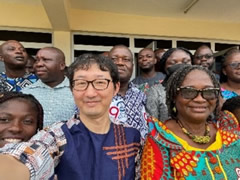
Mr. NAKAYAMA Kohei, from Asuka World Consultant supporting JICA's School for All project
Mr. NAKAYAMA Kohei, of Asuka World Consultant supporting JICA's School for All project in Ghana, notes that access to education in Africa has been improving since the late 1990s with the construction of hard infrastructure such as schools and roads.
Quality in education, however, has not been able to keep up.
This has led to what is being described as a "learning crisis" especially in sub-Saharan countries, Mr. Nakayama says, citing studies that show that while at least 80 percent of African children are enrolled in schools, they have minimum literacy and numeracy.
Both Mr. Nakayama and Mr. Birikorang note that across Africa, parents often ask their children to skip school to earn money to support the family. Traditional gender inequality has also created mindsets that it is the duty of older girls to stay at home to look after younger siblings. In some countries like Ghana, early marriages have been an issue, though this has improved in recent years.
There is also a lack of transport infrastructure, and some children are unmotivated to go to school because they have to walk for many kilometers. Crime and other safety issues are also hurdles, creating a climate of fear of being attacked.
What the School for All project hopes to achieve, Mr. Nakayama says, is to enable communities to break out of this spiral by taking a holistic approach to education. A singular focus -- solely on improving infrastructure or the quality of education -- would have less impact.
Communities Taking Charge
School for All project is a collaborative effort involving parents, teachers, and local opinion leaders, who form School Management Committees (SMC) that work closely with the education ministries of their country. JICA, meanwhile, provides advice and technical assistance based on the unique needs of each government and their SMCs.
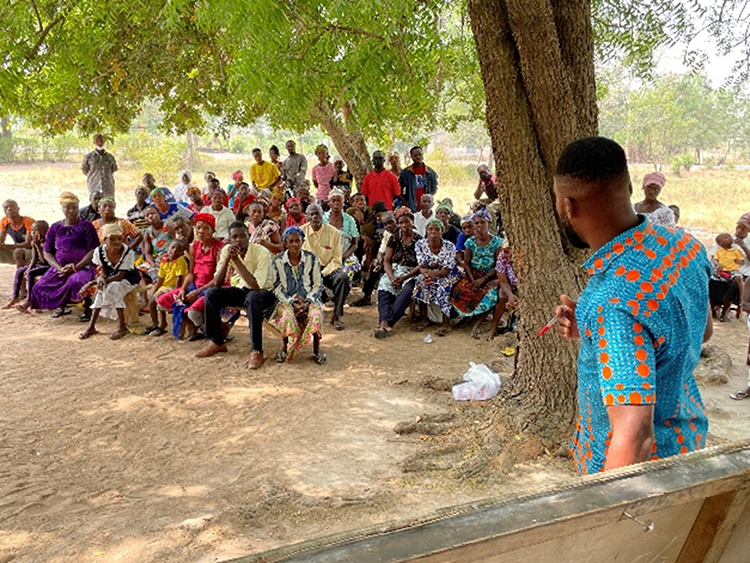
Sharing the results of baseline assessment during General Assembly with community
In this way, the project goes further than another JICA-led program that provides training to teachers in science and mathematics, says Mr. Nakayama. He adds that "If SMCs identify a need to improve quality in these areas, then we can help, but the focus is on an all-needs basis that involves the community."
For each SMC, JICA starts with a baseline assessment to identify the needs of each community. It then oversees a PDCA (plan-do-check-act) cycle, by which stakeholders are involved in coming up with feasible ideas to solve these challenges and acting upon them.
Mr. Birikorang, noting this bottom-up approach, says: "The School for All project mobilizes communities and gives them an appreciation of the roles and functions in education that will ensure their children get access to schools. And so the quality of learning is improved. Otherwise, if they wait for education ministry resources to get to them, it can take a long time."
As such, the School for All project has taken on different dimensions in different countries. In the early days of the project, SMCs in Niger had come together to build straw-roofed classrooms and purchase textbooks and stationery. In Madagascar, a collaborative community school lunch program began in 2017 to ensure that pupils are fed even when harvests are poor.
In Ghana, there are some cases where communities are involving literate youth with at least high school education to teach children who are unable to attend school. "Parents can get support from their children in the morning, but at three o'clock, they must bring these children to a center to study literacy and numeracy skills," says Mr. Birikorang.
Based on this enthusiasm and wishes of communities for improving the future of their children, the project is advancing the implementation of remedial lessons through community participation to improve the learning outcomes.
Mr. Nakayama, noting that quality education is one of the United Nations' Sustainable Development Goals (SDGs), says that TICAD8 can serve as a platform for Africa and Japan to discuss initiatives or strategies toward achieving the goal.
Mr. Birikorang adds: "TICAD8 will give us the opportunity to strengthen our partnerships with the international community, to ensure that we can get better lessons and practices that will help us improve on education in Africa."
